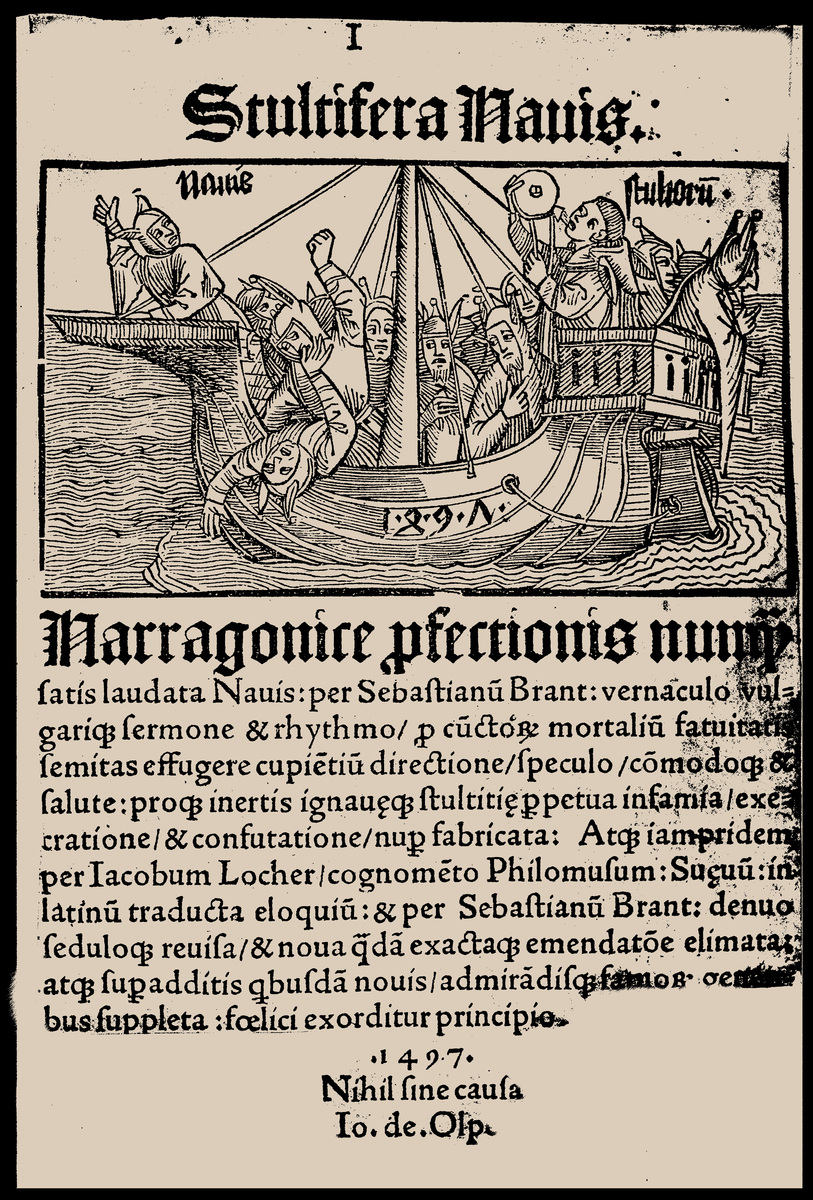Change the following sentences into past tense By the time of World War I conservatives were mainly under pressure from a growing democracy The conservative ideology of this period was primarily that
By the time of World War I, conservatives were mainly under pressure from a growing democracy. The conservative ideology of this period was primarily that of the wealthy elite, including the landowners and the industrial and commercial bourgeoisie, and quickly adapted to the demands of the industrial bourgeoisie. Lord Salisbury served as leader of the Conservative Party for a long time from 1885 to 1902. He basically continued the principles of Conservative democracy. It was just that he tried to use the Conservatives to slow down and control the democratic process. In his view, democratic politics and welfare measures would inevitably be accompanied by three threats to constitutional balance (Galianideng, 2019). The first threat lay in the triumph of popular sovereignty, which meant the gradual dominance of the House of Commons over the monarchy and the House of Lords. The second threat was that every government had to form popular parties if it was to win the support of newly enfranchised voters. The third threat was that the interests of the party took precedence over the interests of the country. Lord Salisbury believed that democracy would lead to equality over liberty. Unlike Disraeli, Lord Salisbury saw politics as a struggle between classes and interest groups. The impact of World War I on British politics was manifold. One of the most important effects was the gradual replacement of the Liberal Party by the Labor Party as the other pillar of the two-party system (Kerr et al., 2018). In addition, the role of state intervention was greatly enhanced during the war, which greatly enhanced the collectivist tendencies in the Conservative Party. The main conservative leader of this period, Stanley Baldwin, launched "Neo-Conservatism" in 1924, which was mainly a continuation of Disraeli's "One Nation" Conservatism (Lancaster, 2022). It included emphasizing social harmony, the role of party leaders, social reform, and the protection of vulnerable groups. In terms of practical effects, Baldwin's conservatism had limited success.

原文地址: https://www.cveoy.top/t/topic/hDLs 著作权归作者所有。请勿转载和采集!